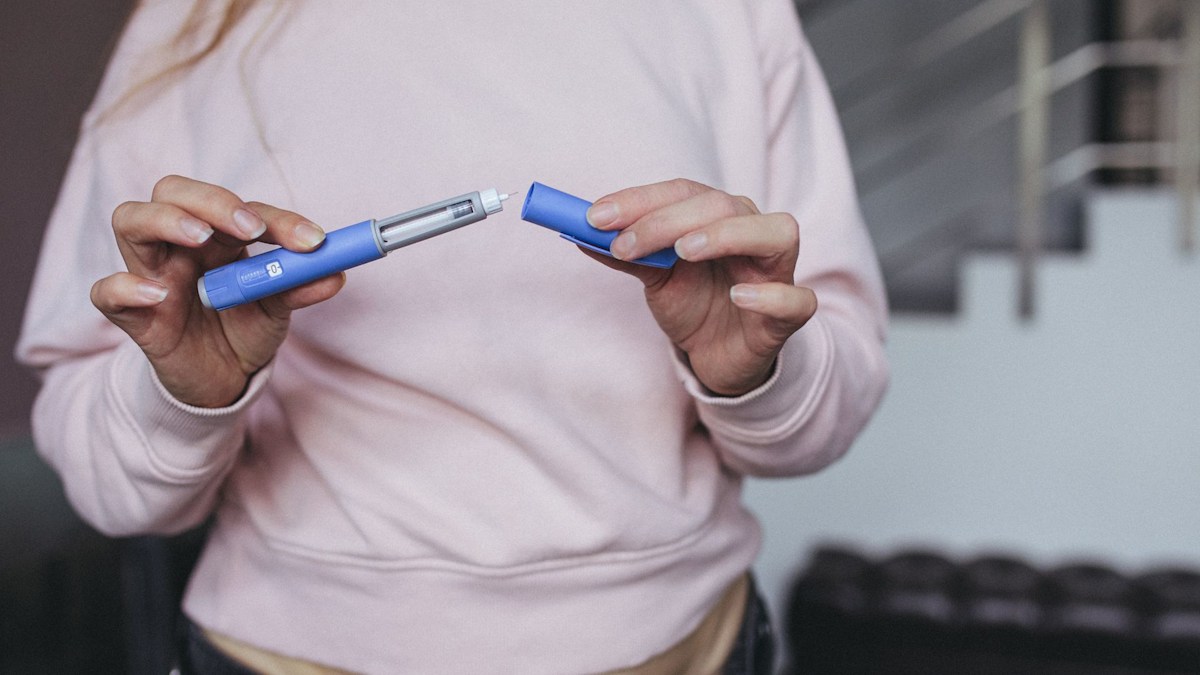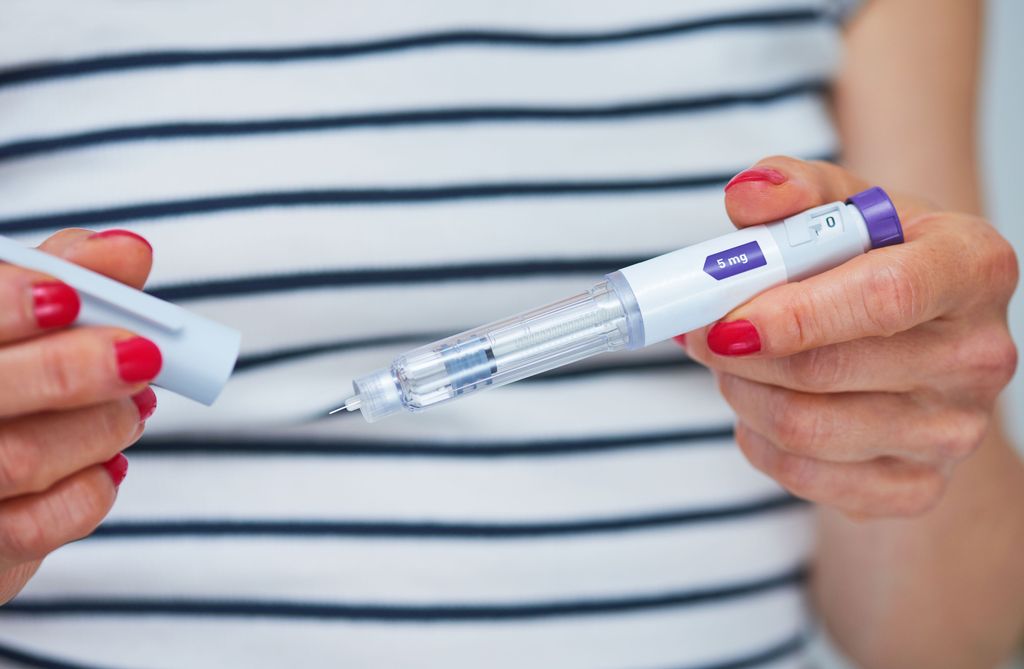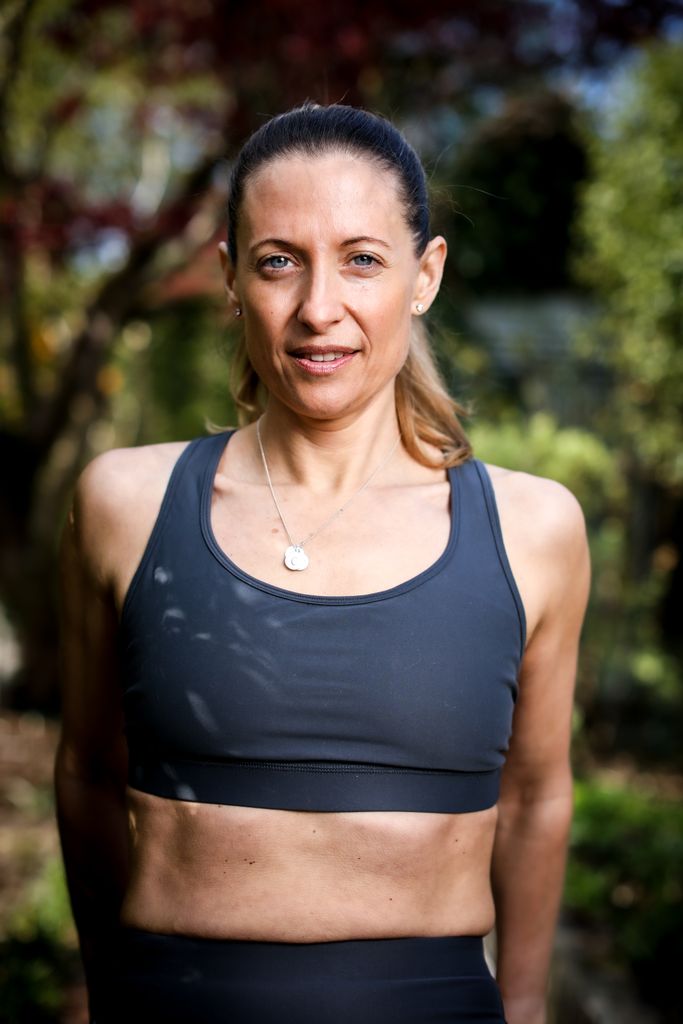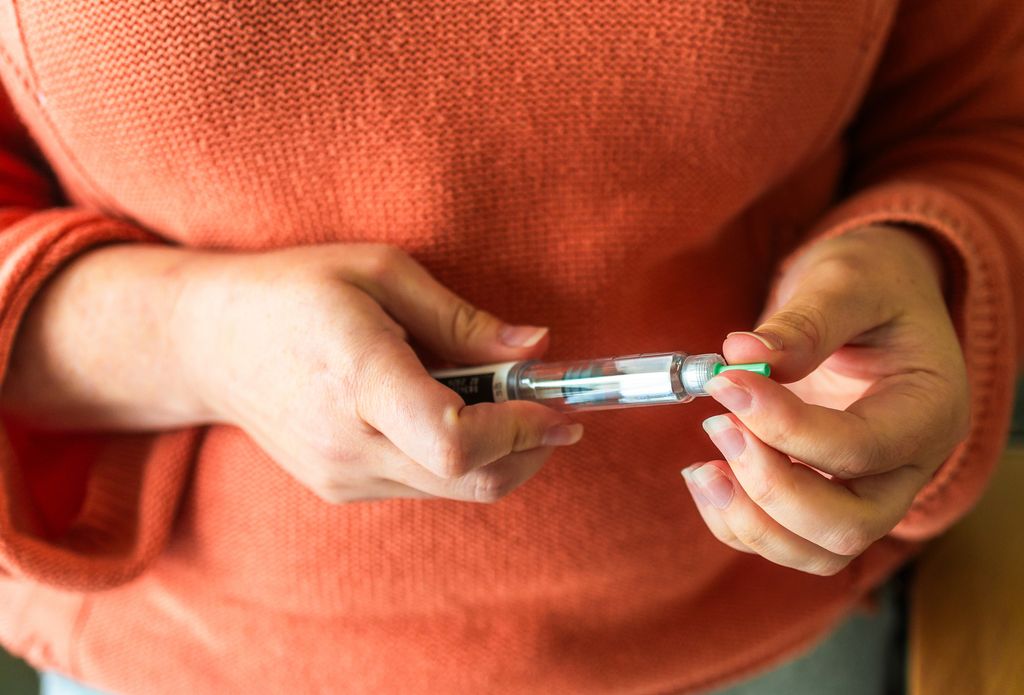The popularity of weight loss jabs has skyrocketed in recent months, with an estimated 1.5 million people in the UK using weight loss medication.
But while the likes of Ozempic, Mounjaro and Wegovy are seen as wonder drugs for those who struggle with ‘food noise’ and obesity, experts are warning that people in midlife to be careful about how they take the drug as it can speed up areas of the aging process.
The jabs, which suppress your appetite, are often prescribed by doctors as a last resort to help patients get a handle on their weight and in turn, help with other issues such as type 2 diabetes and heart problems.
Yet in the past week I have been surprised to hear of healthy people I know in their 50s, with no celebrity status whatsoever, using the jabs as ‘weight maintenance’ to look good on their holidays instead of using effective natural methods of nutrition and exercise which is better for their health, but might take a bit of effort.
Experts are keen to stress that weight loss jabs are not a quick fix, and if they are not taken with due care, their long-term use can cause other serious issues as we age.
Raising concerns
The Royal College of Physicians, for one, has raised concerns with the government over the need for education and wraparound lifestyle support for people to maintain their weight loss after their initial treatment.
Relying on Ozempic or Mounjaro to keep your weight in check can result in other issues, such as muscle wastage instead of fat loss, a lack of vitamins and minerals being absorbed, and a higher risk of developing osteopenia or osteoporosis, as well as a high likelihood of putting the weight back on.
If you have spoken to your doctor and are considering taking Ozempic, Mounjaro or another weight loss drug, there are a number of things you should consider to protect your future health.
What to consider before taking weight loss drugs
I recently had a DEXA scan at BodyView to test for osteoporosis and discovered the scan offers a range of benefits to those on a weight loss journey to make sure they are doing it correctly and not risking their health.
Consultant Jenna Whittaker from BodyView told me: “There is a question over whether it is fat or muscle you are using on weight loss jabs.
“I feel a DEXA scan should come as standard before you start (the jabs) and then have another halfway through to make sure you are not losing muscle.”
The scan, which is painless and takes a matter of minutes, tests for the body composition and rather than just present your total weight in stones or kilos, it breaks down the amount of fat versus muscle in your body, as well as the condition of the bones.
The information is then passed on with advice on which areas patients need to work on being stronger and whether they need to change their diet to support their health.
“We are focused on giving people that information to make those positive changes and to become a nice healthy version of themselves, but actually do it properly,” Jenna says.
Muscle loss
The issue with losing too much muscle, particularly in midlife, is that it can be detrimental to our mobility as we age. Muscle wastage can make us weak and unable to do basic tasks such as getting off the couch or getting out of bed, limiting our lives.
Adding exercise to keep muscles strong and absorbing nutritional education alongside using the jabs is essential, says personal trainer and Owning Your Menopause founder Kate Rowe-Ham.
“If you are taking medication to help your symptoms, you also need to make lifestyle changes to make a real difference,” she says. “Your body is not just to be thin for your holidays, it is a never-ending project, and you need to look after it.”
When it comes to exercise, she says there are no shortcuts. “Without a doubt, if you are not lifting weights alongside weight loss medication, you are putting your body at greater risk of osteopenia and osteoporosis. It can make you very weak. You can see people on weight loss jabs who are not exercising, and they have no definition because there is no muscle mass, only muscle wastage.”
She also encourages educating yourself with healthy diet changes for long-term goals that can continue after the course of treatment has stopped.
“They (the jabs) can give people a false sense of security that ‘when I get to that weight it will be okay’, but studies have shown people often put two-thirds of the weight back on when they stop.
“Also, when you do come off them, you will put weight back on very, very quickly if you are not exercising and eating properly.
“The jabs are made to slow down the digestive system, but if you are eating the right foods such as protein and fibre, they do the same thing by keeping you fuller for longer and act as a natural appetite suppressant, which means you eat less calories.”
So, the verdict is that if you are looking to reap the benefits from Ozempic and Mounjaro for your health, make sure you have a long-term maintenance plan in place to protect your body for the next act of your life.
Read the full article here










